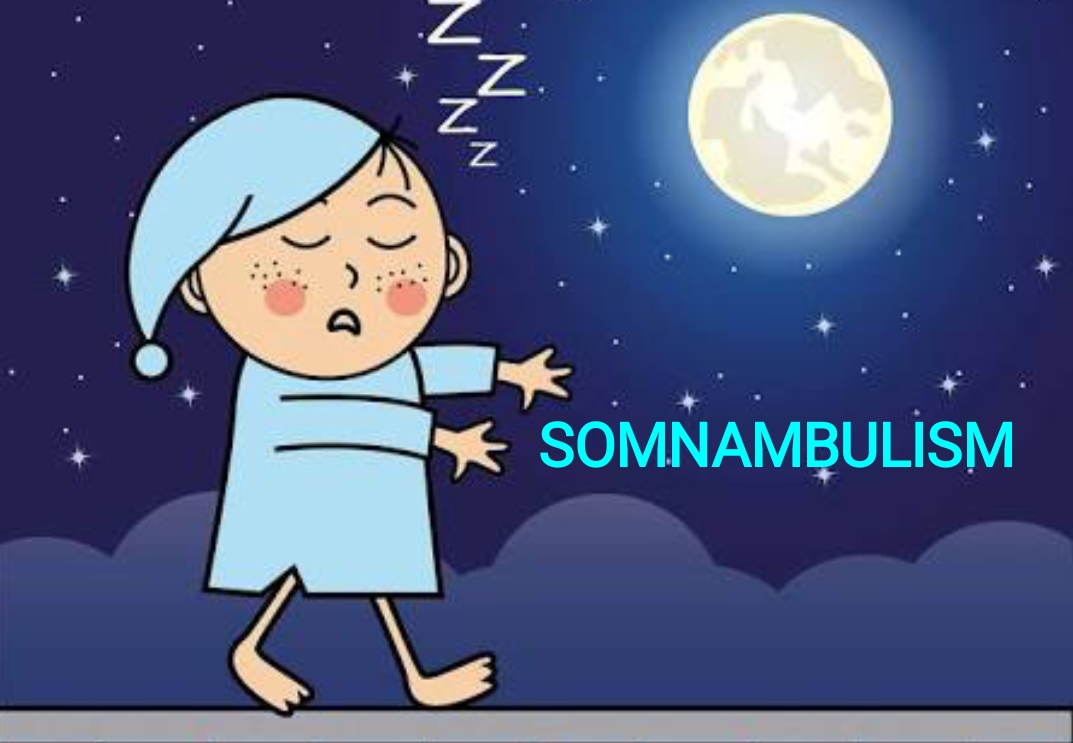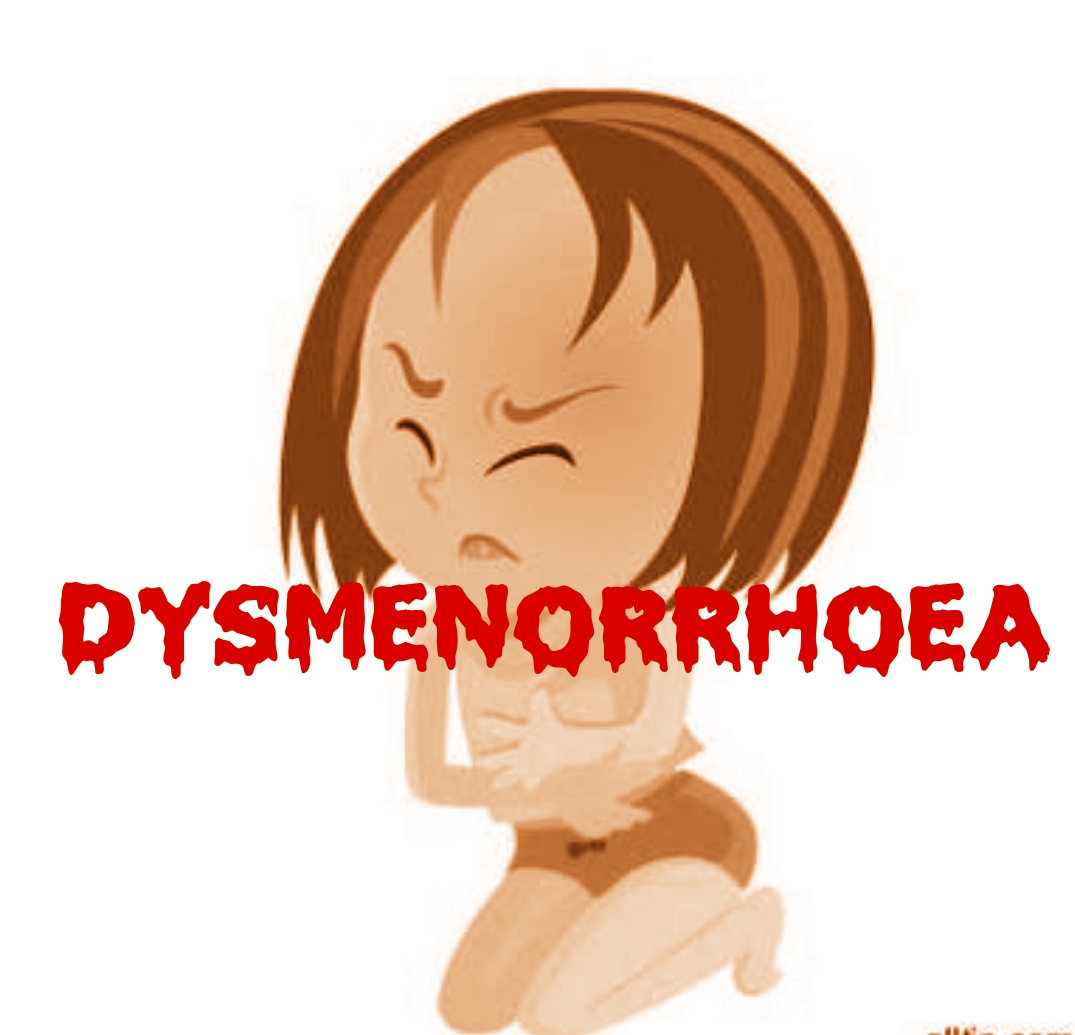
Key Indications of Lyssin | A Nosode of Rabies | HDS
Lyssinum, also known as Hydrophobinum or Lyssin, is a homeopathic remedy prepared from the saliva of a rabid dog.
Homeopathic remedies like Lyssinum are prepared through a process of serial dilution and succussion (vigorous shaking).
Here are some of the key indications and symptoms associated with Lyssinum in homeopathic Materia medica:
- Fear of Water: One of the hallmark symptoms of Lyssinum is an intense fear of water, known as hydrophobia. Patients may experience anxiety, restlessness, and even spasms when they see or think about water.
- Agitation and Restlessness: Lyssinum is indicated when the patient is extremely agitated, restless, and irritable. They may exhibit unpredictable behavior, such as sudden outbursts of anger or violence.
- Throat Symptoms: Sore throat, difficulty swallowing, and a sensation of constriction in the throat are common symptoms for which Lyssinum may be prescribed.
- Headaches: Patients needing Lyssinum may experience severe headaches, often accompanied by photophobia (sensitivity to light).
- Aversion to Noise and Light: They may be highly sensitive to both noise and light, which can exacerbate their discomfort.
- Twitching and Spasms: Lyssinum is known for its affinity for the nervous system. Patients may experience muscle twitches, spasms, and convulsions.
- Insomnia: Sleep disturbances, including difficulty falling asleep and frequent waking, may be seen in individuals requiring Lyssinum.
- Restlessness During Sleep: Patients may have restless sleep with vivid and frightening dreams, possibly related to their heightened state of anxiety.
- Aggravation from Warmth: Symptoms may worsen in warm or stuffy rooms, and patients may crave cool air.
- Mental and Emotional Symptoms: Lyssinum may be indicated for various mental and emotional symptoms, including delirium, hallucinations, and a sense of impending doom.
- Biting and Aggressive Behavior: It is associated with aggressive or biting behavior, reflecting the aggression seen in rabid animals.
Worked By: Sunitha Asir (Final BHMS)







